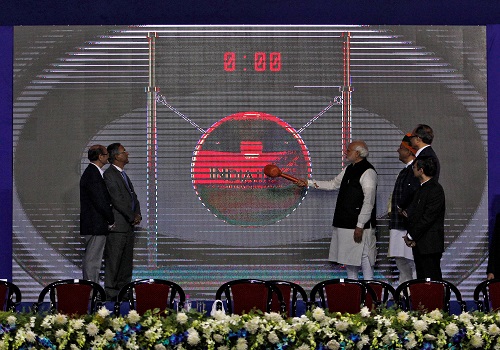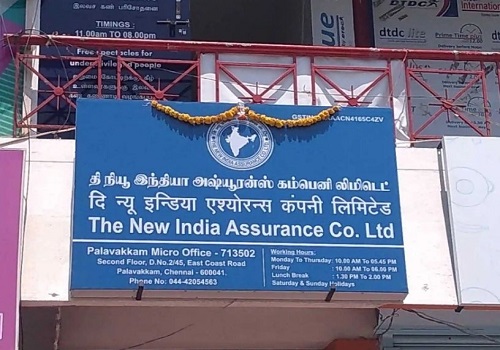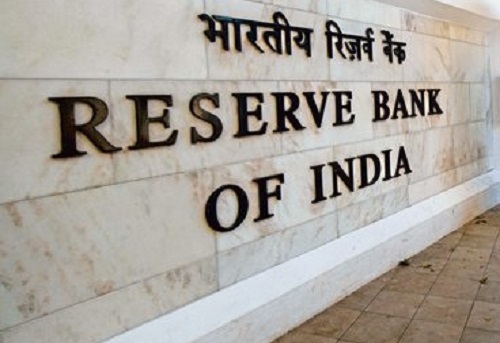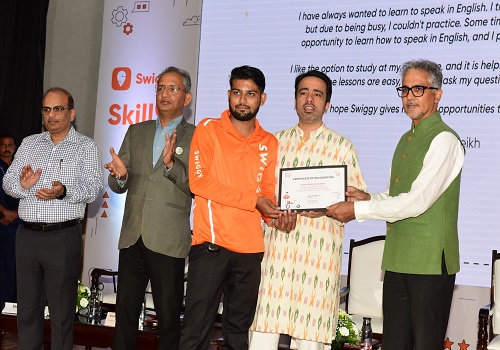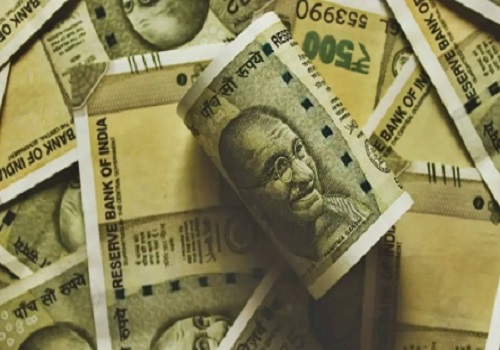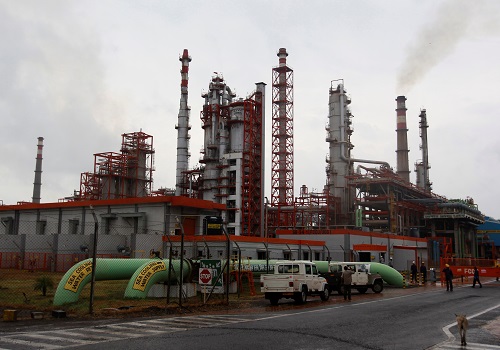Government amends electricity rules to speed up new connections, promote solar PV systems
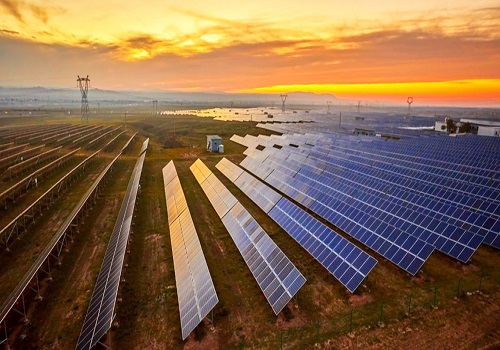
Follow us Now on Telegram ! Get daily 10 - 12 important updates on Business, Finance and Investment. Join our Telegram Channel
With an aim to speed up new connections, promote solar PV systems and EVs, the Government of India has approved amendments to the Electricity (Rights of Consumers) Rules, 2020. Exemption has been given for the requirement of technical feasibility study, for systems up to a capacity of 10 kW. For systems of capacity higher than 10 kW, the timeline for completing the feasibility study has been reduced from twenty days to fifteen days. Further, in case the study is not completed within the stipulated time, the approval will be deemed to have been given. Additionally, it has now been mandated that the distribution system strengthening necessary for rooftop solar PV systems up to 5 kW capacity will be done by the distribution company at its own cost. Further, the timeline for the distribution licensee to commission Rooftop Solar PV systems has been reduced from thirty days to fifteen days.
According to notification released by Ministry of Power, consumers can now obtain separate electricity connections for charging their Electric Vehicles (EVs). This aligns with the country's goal of reducing carbon emissions and reaching Net Zero by the year 2070. Besides, the time period for obtaining a new electricity connection under the Rules has been reduced from seven days to three days in metropolitan areas, from fifteen days to seven days in other municipal areas, and from thirty days to fifteen days in rural areas. However, in rural areas with hilly terrain, the time period for new connections or for modifications in existing connections will remain thirty days.
Further, the provisions have been introduced in the Rules, to enhance consumer choice and promote greater transparency in metering and billing. Owners residing in co-operative group housing societies, multi-storied buildings, residential colonies, etc., will now have the option to choose from the distribution licensee either individual connections for everyone or a single-point connection for the whole premises. The exercise of the option will be based on a transparent ballot to be conducted by the Distribution Company. Parity has also been brought in the tariff charged to consumers who get electricity supplied through single-point connection and to those who avail of individual connections.












 320-x-100_uti_gold.jpg" alt="Advertisement">
320-x-100_uti_gold.jpg" alt="Advertisement">

